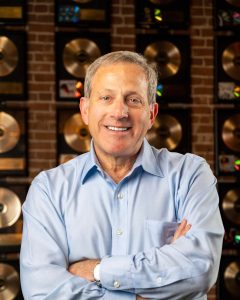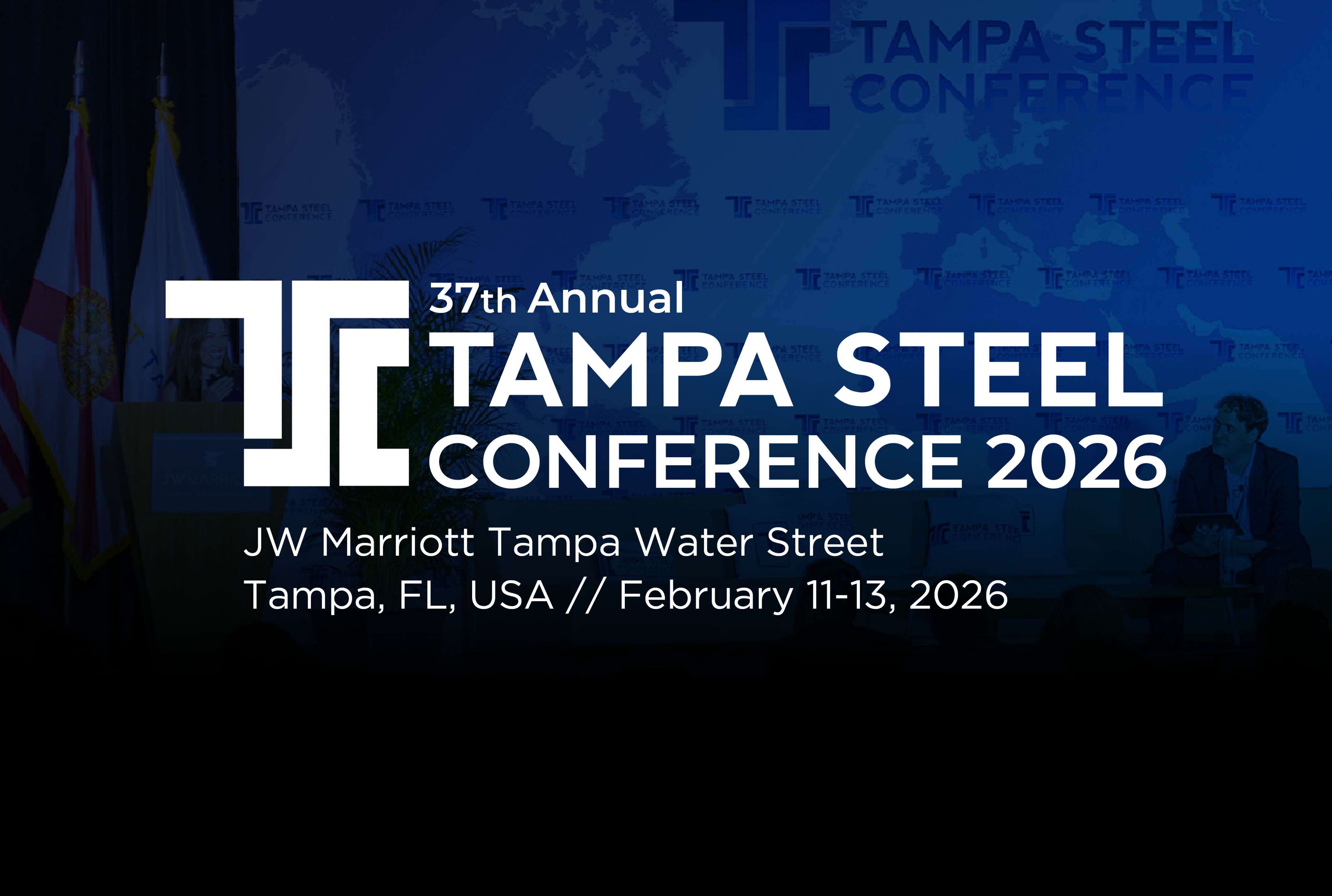Community Events

July 2, 2024
SMU Community Chat: Back to building with Triple-S CEO Gary Stein
Written by Ethan Bernard
Looking out over the American economy, Triple-S Steel Holdings CEO Gary Stein believes what is required doesn’t fundamentally have to do with government policy, but “rather, it’s a mind shift.”

While he didn’t have all the answers about what this entails, Stein did say, “We have to get out of our own way to allow things to be built.”
In a wide-ranging interview, he sat down with SMU Managing Editor Michael Cowden for a Community Chat last Wednesday. The talk drifted from the state of the economy to history and the steel market and even touched on advice for young people starting out in the career world.
As a touchstone for the conversation, he mentioned Arthur Herman’s book “Freedom’s Forge,” which examines the industrialization effort during World War II.
With slide rules instead of computers, a fully integrated steel mill in California, what was then called Fontana Steel, was built in 14 months. Stein said that even with today’s technology, we can’t come close to that because of permitting and red tape. We should all start investigating why that is.
Company background
Gary’s father, Bruce Stein, founded Triple-S Steel Supply in Houston in 1960.
“My grandfather immigrated to the US from Eastern Europe as a young boy and wound up in a scrap metal business in Houston,” Stein explained.
Gary said his father wanted to get away from scrap, so he started a used and new steel retail business. “And then my brothers and I came along in the 1980s and started building service centers,” he recounted.
Now, Triple-S has about 53 facilities and ~$2.5 billion in annual sales. “I think we’re among the top five beam sellers in the United States,” Stein commented.
The company’s 2,300+ colleagues can be found across 17 US states, Canada, Dubai, and Colombia.
Expansion, future
Asked if Triple-S is looking to expand into other regions, Stein said: “Look at a map, and you can see where we are and where we’re not. I don’t need to really say much more than that.”
As to what drives him, “I do this because I love it. I love the people. We try to eliminate the word employee in our company. Everybody’s a colleague,” Stein said.
He noted, “We’re working with our planning team to hope to have a hundred-year family business, so I won’t be around to see that. But somebody I hope in my family will.”
Stein said two members of the family’s next generation have joined the firm so far.
Consolidation, vertical integration
Cowden asked Stein about the trend of service centers acquiring fabricators and become more vertically integrated.
“That is the Rubicon that my company has not crossed,” Stein responded, adding: “It is what our customers do.”
“We cater to more independent fabricators for doing structural steel,” he said. “I don’t see us buying fab shops.”
He believes fabrication shops have created a lot of wealth for many family businesses. “We certainly have customers that are in their second, third, and fourth generations. I love to see that,” he commented.
When questioned on the general theme of consolidation among service centers, Stein readily admits his company has grown a lot larger over the last 20 years through acquisitions.
“But I still want to see independent companies, and I don’t want the United States to be rolled up into Consolidated Amalgamated Incorporated,” he quipped.
Looking ahead
Stein was upbeat about the next generation, especially the small slice that is looking to build things.
“They call themselves makers, you know. They want to make things. They want to work with their hands,” he said.
With many today questioning the value of a traditional college education, technical and trade schools could provide a great alternative.
“So, hopefully, some of those kids want to swing a wrench,” Stein joked.
Honestly, though, he said, “It’s not just turning the bolt till it’s tight anymore. You know, it’s real sophistication. These people work on the hydraulics and electronics in our plant, our maintenance technicians.”
Looking at it on a higher level, Stein was more philosophical. “You know God created things, and our customers create things,” he said. “So, there’s this joy of not just working with your hands but seeing the fruits of what you built.”
Of course, this is just a snapshot of the discussion. Our subscribers can view the full webinar here on our website.
The next SMU Community Chat will feature veteran investment bankers Vince Pappalardo and Andy Pappas on Wednesday, July 10, at 11 am ET (10 am CT). You can register here.






